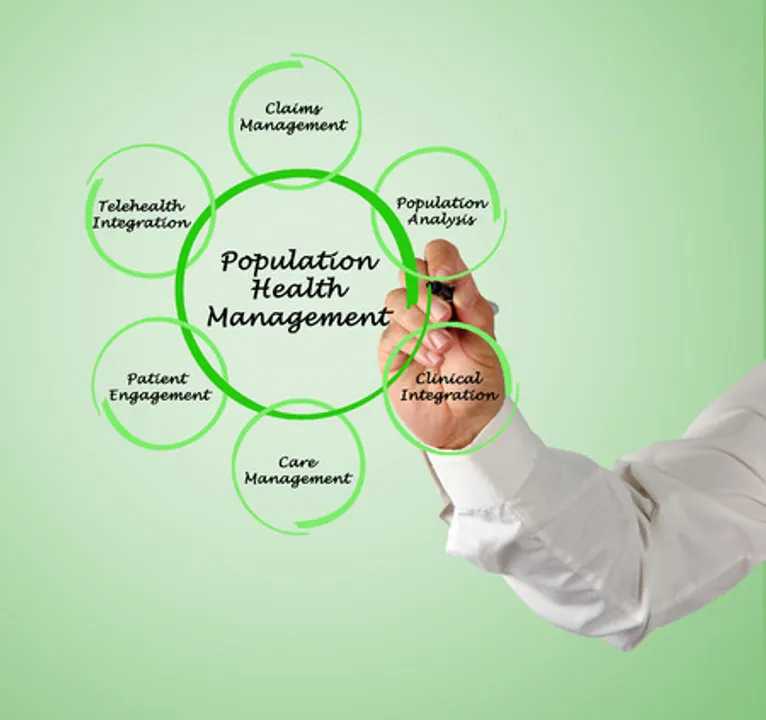Population Health Management is Here to Stay

marigranula/123RF.com
Confusion. Deadlines for data submissions. Insurance changes. Healthcare providers deal with a host of uncertainty and challenges during this pivotal era as we transition from a fee-for-service system to a value-based payment model. Perhaps the biggest concern of healthcare providers at this time in history is what’s going to happen to the Affordable Care Act (ACA) and its core concepts, such as population health management (PHM).
How do providers feel about the importance of PHM? What will happen to PHM if Obamacare is repealed? Read on to learn about the attitudes toward population health and how it ties into value-based payments.
What is Population Health Management?
Population health management is a healthcare industry discipline that facilitates and studies the delivery of healthcare services across the general population or a specific group of people. Population health management includes:
- Aggregation of patient data from various health information technology resources
- Analysis of said data into an actionable patient record
- Actions performed by health providers based on this information that improves clinical and financial outcomes
Population Health Management to Carry on Despite the Fate of the ACA
Turns out, no matter what happens to the ACA, healthcare providers agree that one of the cornerstone principles that emerged from this legislation is here to stay, and that is population health management.
A recent survey conducted by Health Catalyst revealed the impact of population health management on the operations of providers and how healthcare executives felt their PHM focus could change. Seven key findings from the survey include:
- Eighty percent felt that the efforts made to repeal and replace the ACA have not affected their current PHM strategies
- Sixty-eight percent consider PHM very important to their approach for delivering healthcare services
- Less than three percent felt PHM was not important at all
- Eighty-two percent answered that they plan to carry on with their current PHM practices whether the ACA is repealed or not
- Four percent indicate that their healthcare organization has plans to ramp up their PHM strategies
- Four percent responded that PHM plans would be paused due to the current political situation
- Ten percent did not know if their organization was going to continue, accelerate, or pause PHM strategies
Analysis of this data indicates that the integration of population health management practices will continue to play an important role in healthcare regardless what happens to the ACA. Furthermore, value-based care and PHM have a synergistic effect on one another.
How PHM Fits into the Value-Based Care Model
In order for healthcare providers to receive correct and timely CMS payments via Merit-based Incentive Payment System (MIPS) - which falls under the Medicare Access and CHIP Reauthorization Act (MACRA) umbrella - effective analysis and management of population health data is an absolute must.
Population health data is being used and will continue to be used to decrease healthcare costs and improve quality outcomes. What does this mean as the healthcare industry transitions from a traditional fee-for-service model to a value-based payment model? Because the main goals of this discipline include improving patient outcomes and decreasing the cost for providing services, PHM only makes sense for the future of healthcare.
Providers and their organizations can take a proactive approach to health management and the prevention of adverse events. Innovative PHM strategies require you to gather data from patient electronic records (EMRs), remote patient monitoring devices, and other IT sources in order to help patients prevent costly hospital visits,readmissions, and avoidable or unnecessary system use. Therefore, PHM technology that integrates patient engagement, big data analytics, and risk stratification will become invaluable to providers as we move forward into 2018.
Related Posts
